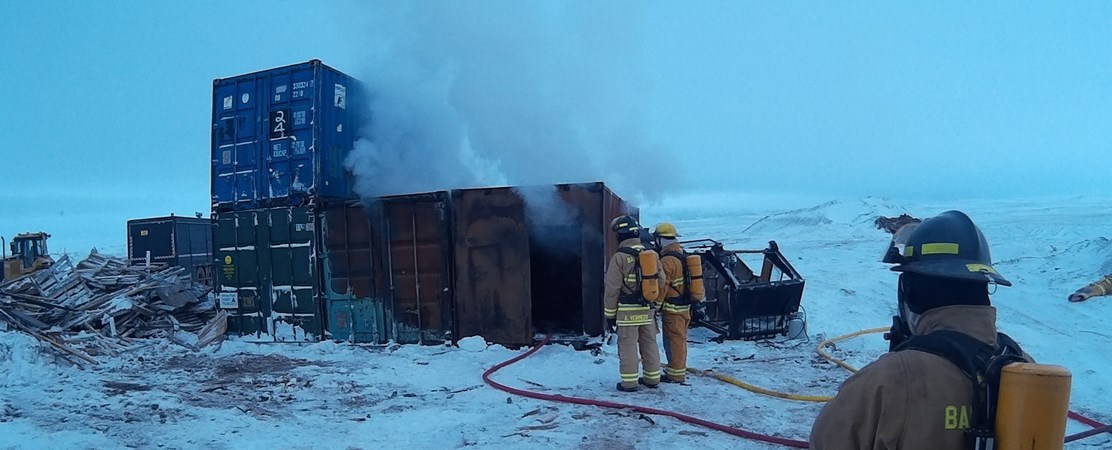Northern Ties

By Leslie Earle, Public Relations and Communications Officer, Fisheries and Marine Institute, Memorial University of Newfoundland
Newfoundland and Labrador and the North have much in common: fishing, isolation, a strong sense of community and cold, harsh environments. However, that is not all that connects the two.
More than twenty years ago, the Fisheries and Marine Institute (MI) of Memorial University was approached to teach a Fishing Masters course in Iqaluit, Nunavut – one that would equip residents with the skills necessary to obtain meaningful employment on ocean-going vessels. After nearly two decades the relationship between the Nunavut Arctic College, Nunavut Fisheries and Marine Training Consortium and MI continues to grow, with further educational opportunities offered each year, and with a new focus on research.
"We’ve built a strong relationship with our training partners in the North since that first course offering," says Gerald Anderson, director of Development and Engagement with the Fisheries and Marine Institute of Memorial University and UArctic Vice-President Indigenous. "Together we’ve been able to open the doors to a number of educational and career opportunities, and I believe these efforts have laid a solid foundation for the work that we continue to do, particularly around research for new and developing sectors."
While the Fishing Masters is still part of the course offering, the training has expanded to include bridge watch, radio operation, small vessel operator, basic safety and survival craft training and marine basic first aid, just to name a few – courses that would not otherwise be available to participants in their home territory.
Much of the training is provided by instructors with MI’s Community Based Education Delivery Unit (CBED) who trained more than 200 students last year. However, more recently, the Institute’s Safety and Emergency Response Training Centre (SERT) has been involved, having been brought on board to provide important aircraft rescue and firefighting training to employees at a local iron mine on Northern Island.
Building on the classroom style and practical learning, MI is also helping to map the coastal areas of the North. In 2009, the Institute was contracted to support the Government of Nunavut’s efforts to complete a Coastal Resource Inventory for the territory – a relationship that has allowed for the mentoring of government employees who now complete much of the work themselves.
As the economy of the North diversifies, so does MI’s focus on training and research in the area. Today, the Institute is expanding its offering to include new training and research opportunities, particularly as it relates to the interest in an oil and gas sector in the Canadian Arctic. "We’ve come a long way, but there is still much to be do done," continues Anderson. "It is an exciting time for the North, and MI is proud to be a continued partner – both in equipping students with important skills and helping to lay the groundwork for emerging fields that these students will one day be part of."
